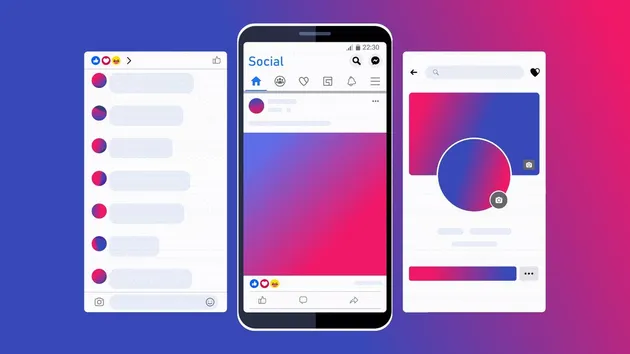Facebook Hashtag Scraper
Pricing
$20.00/month + usage
Go to Apify Store
Facebook Hashtag Scraper
Scrape public Facebook posts by hashtag using this API. Input the hashtag and number of pages to explore. Fast and simple way to gather hashtag-related content.
2.0 (2)
Pricing
$20.00/month + usage
0
95
14
Issues response
65 days
Last modified
4 months ago



